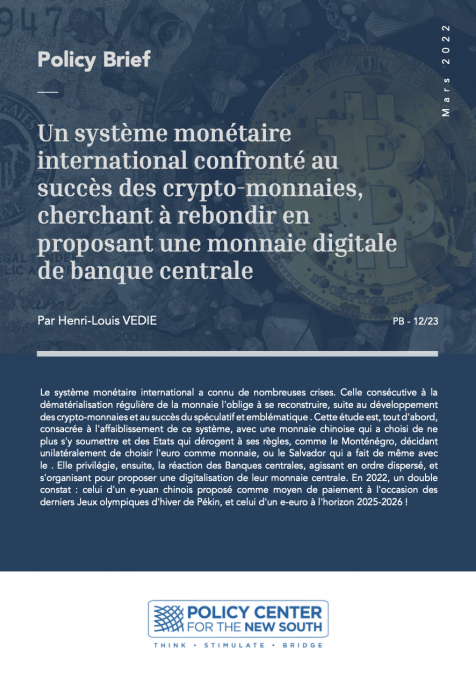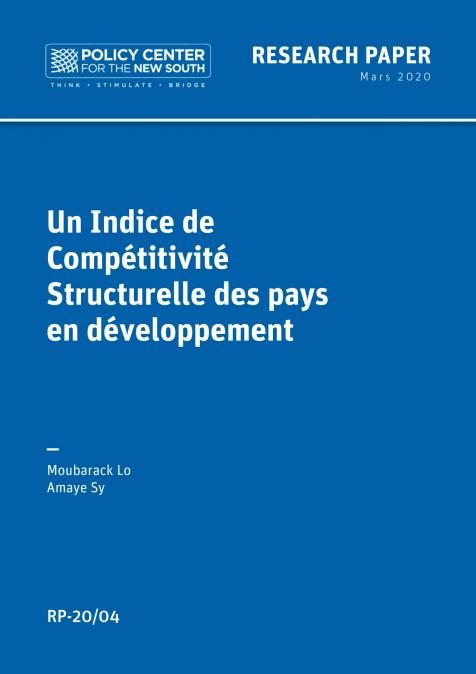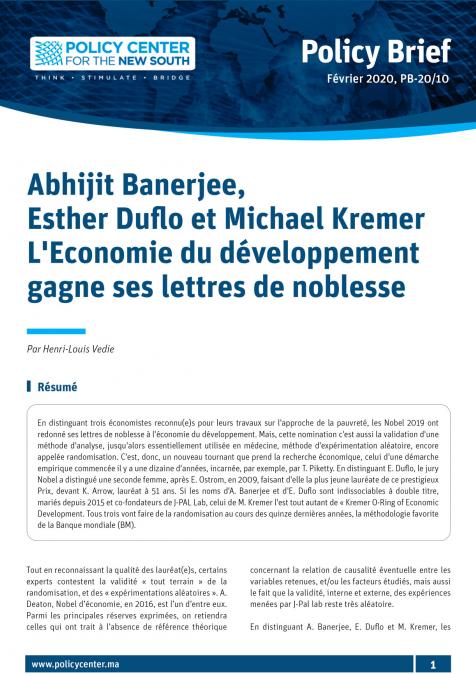Publications /
Policy Brief
Le système monétaire international a connu de nombreuses crises. Celle consécutive à la dématérialisation régulière de la monnaie l'oblige à se reconstruire, suite au développement des crypto-monnaies et au succès du spéculatif et emblématique . Cette étude est, tout d'abord, consacrée à l'affaiblissement de ce système, avec une monnaie chinoise qui a choisi de ne plus s'y soumettre et des Etats qui dérogent à ses règles, comme le Monténégro, décidant unilatéralement de choisir l'euro comme monnaie, ou le Salvador qui a fait de même avec le . Elle privilégie, ensuite, la réaction des Banques centrales, agissant en ordre dispersé, et s'organisant pour proposer une digitalisation de leur monnaie centrale. En 2022, un double constat : celui d'un e-yuan chinois proposé comme moyen de paiement à l'occasion des derniers Jeux olympiques d'hiver de Pékin, et celui d'un e-euro à l'horizon 2025-2026 !





